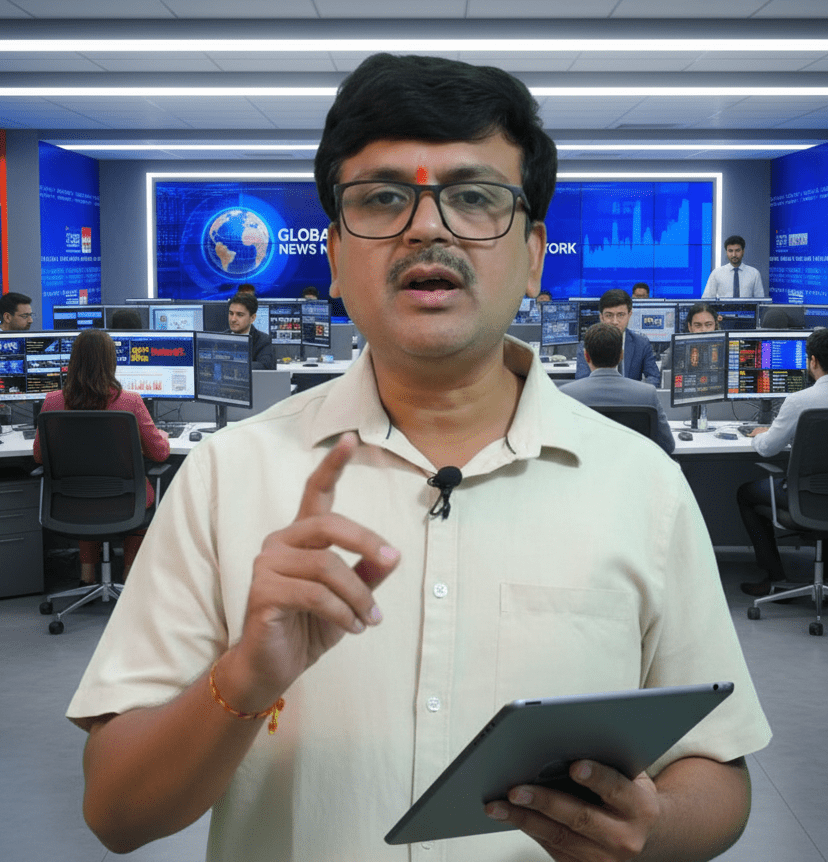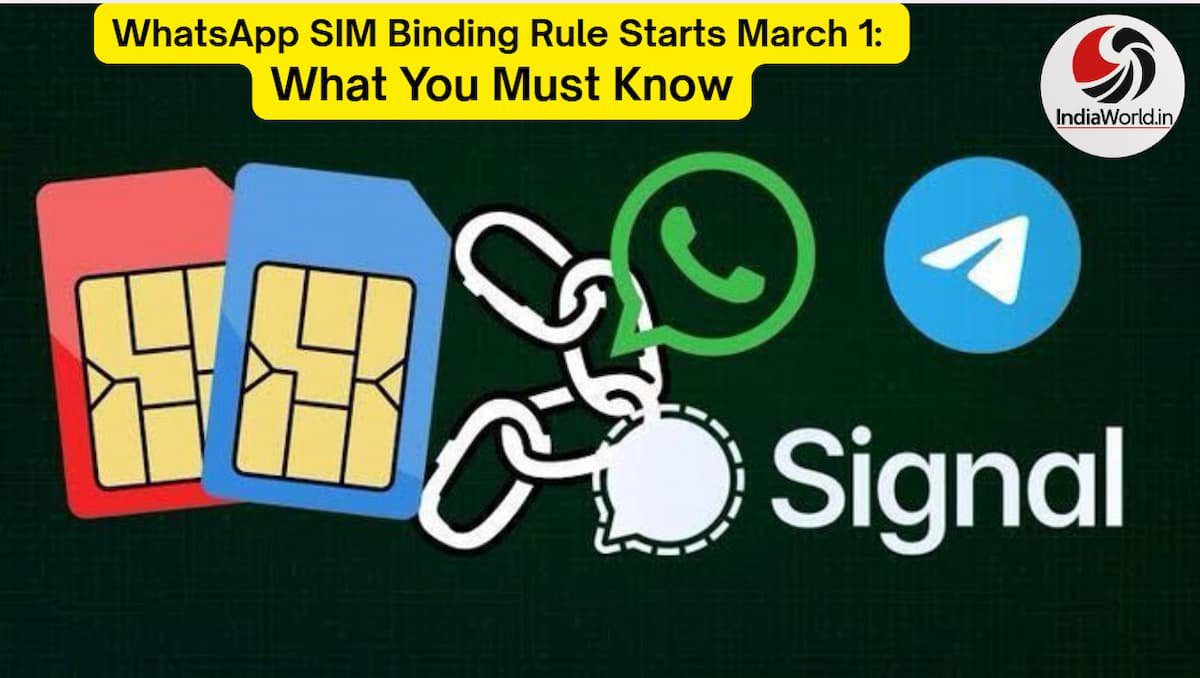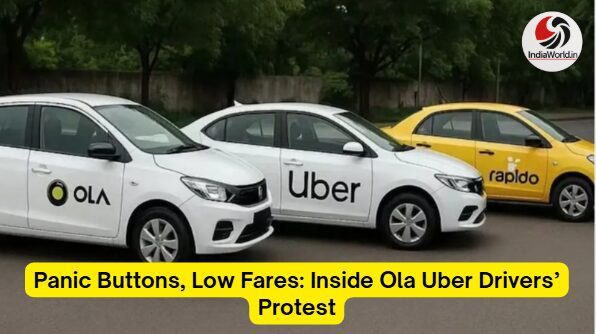Work From Home Back in Delhi: Govt Orders 50% Office Attendance Under GRAP Stage III
Delhi has once again tightened its work-from-home rules as toxic air grips the city. The Delhi government has ordered both government and private offices to function with no more than 50% staff physically present, while the rest must mandatorily work from home. This directive comes under the Graded Response Action Plan (GRAP) Stage III, a framework designed to curb pollution before it reaches emergency levels.
Why Delhi Brought Back Work From Home
The focus keyword here is Delhi work from home pollution rule. Authorities say the move is necessary as PM2.5 and PM10 levels have crossed safe limits yet again this winter. Delhi has been a notified “air pollution control area” since 1987, and every year, the city struggles with hazardous smog during October–January.
The Commission for Air Quality Management (CAQM) activated Stage III after pollution worsened in mid-October. The Supreme Court also reviewed the matter in the M.C. Mehta case earlier this month, pushing officials to act faster.
Government Offices: 50% Attendance Cap
All GNCTD government offices must operate with half their staff physically present. Administrative Secretaries and Heads of Departments will continue attending daily, but they can only call additional staff if essential for public services or emergencies.
The goal is simple: reduce vehicles on Delhi’s roads during peak hours. Traffic remains one of the biggest contributors to winter pollution.
Private Offices: Mandatory Work From Home
Private offices across Delhi must also follow the 50% attendance limit. Companies have been advised to:
- Introduce staggered office hours
- Strengthen remote work systems
- Reduce office-related vehicular movement
- Avoid calling extra staff unless absolutely necessary
Officials stressed that private offices play a major role in traffic congestion, and their cooperation is crucial to bring down emissions.

Staggered Timings Approved
Just days before this order, Delhi Lieutenant Governor V.K. Saxena approved staggered office timings for government and MCD offices. The idea is to break the morning and evening rush-hour crowd, reducing vehicle emissions. These timings will now run alongside the work-from-home directive.
Essential Services Exempted
Not all departments fall under the 50% rule. Essential services will continue normally. Exempted sectors include:
- Hospitals and health facilities
- Fire services
- Prisons
- Public transport departments
- Water and electricity utilities
- Sanitation services
- Disaster management units
- Pollution control and enforcement bodies
Strict Enforcement & Penalties
The order is effective immediately and will remain in force for the entire period of GRAP Stage III. District Magistrates, DCPs, and local bodies have been instructed to ensure compliance. Violations will attract penalties under Sections 15 and 16 of the Environment (Protection) Act, 1986.
The Environment Department has also asked the IT Department to display the complete order on the Delhi government’s official website.

Bigger Picture: Delhi’s Annual Pollution Crisis
Every winter, Delhi faces a toxic air emergency. Crop stubble burning in neighboring states, industrial emissions, and vehicular traffic combine to push AQI levels into the “severe” category.
Experts say cutting traffic is one of the quickest ways to reduce emissions. Large-scale adoption of work-from-home could help stabilize air quality, though more measures may be activated if pollution continues to rise.
What This Means for Delhi Residents
For office-goers, this means another round of remote work adjustments. For businesses, it’s a chance to strengthen digital infrastructure and reduce dependency on physical attendance. For families, it’s a reminder of how deeply pollution impacts daily life in the capital.
Delhiites are now asking: Will these measures be enough, or will stricter steps like odd-even traffic rules return soon?
🗂️ Read also || Flipkart Black Friday Sale 2025: Best iPhone & Android Discounts Explained
🔗 External Links
- Delhi Government Official Website
- Wikipedia: Air Pollution in Delhi
- Environment Protection Act, 1986
- Reddit Discussion on Delhi Pollution
- Quora: Why is Delhi’s Air Quality So Bad?
👉 Join our Arattai Group: aratt.ai/@indiaworld_in
👉 Telegram Channel: t.me/indiaworld_in
📰 Visit IndiaWorld.in for:








